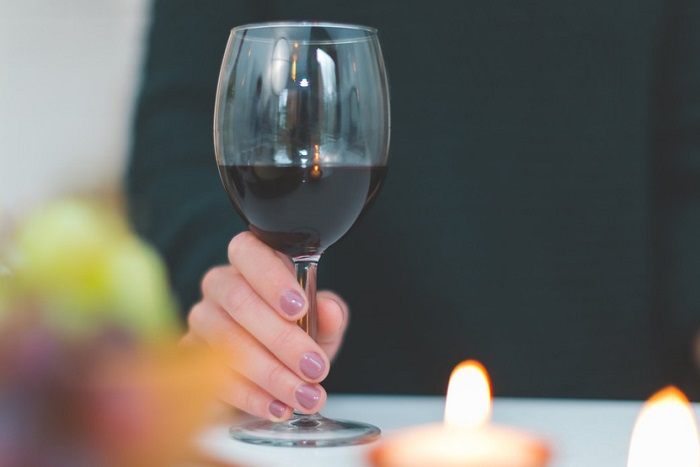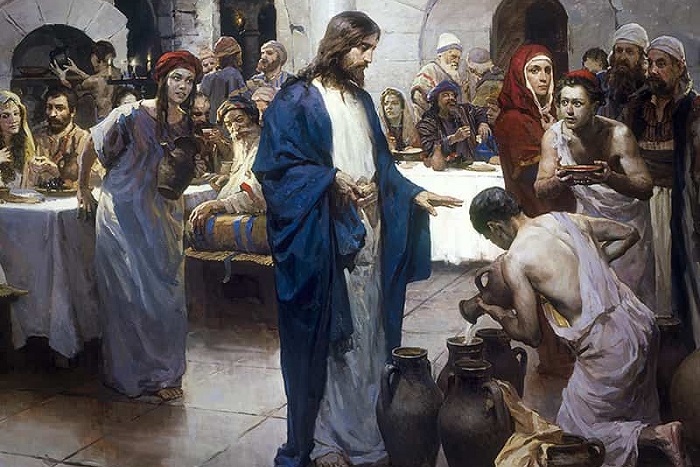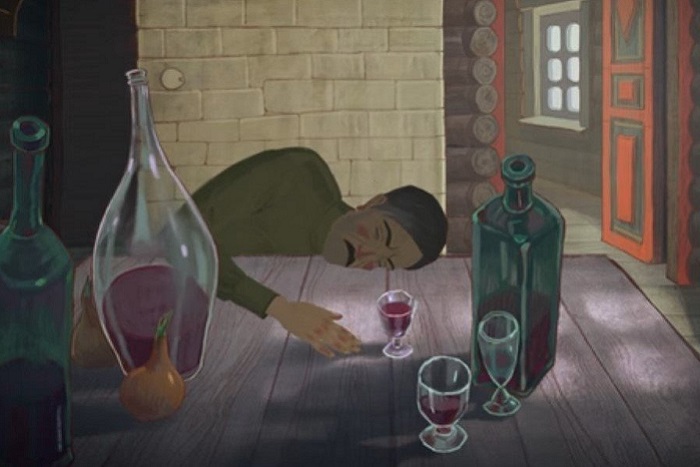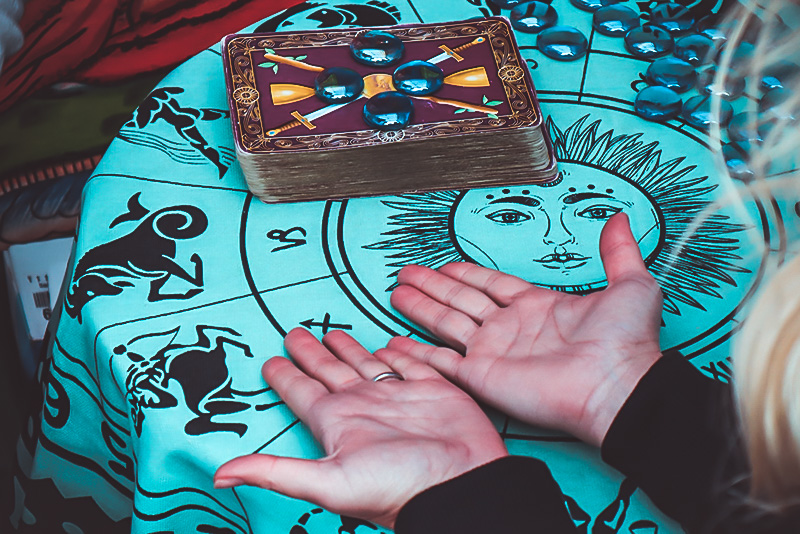
Is wine good for Christians? A lot of people drink to excess. Thousands of families break up due to one of the partners’ alcoholism. There are disasters and accidents caused by alcohol. Should the Church and its leaders call everyone to complete abstinence? Was it a sin that the Jews of the Old Testament era drank wine?
We know that wine used to be a staple product for every Jew. Everyone, from rulers to commoners, drank wine. It was used by fortress garrisons every day. People would take wine with them while traveling. Mixed with vinegar and water, it could quench their thirst well. They would add pepper or wormwood to make the wine more pleasant to drink. Sirach lists the blood of grapevine along with milk, honey, wheat, and oil as the staple products (See Sirach 39:32). Wine was an essential part of every holiday. There was a dedicated room for drinking wine in rich people’s palaces (Esther 7: 8). People in the past invented quite a few occasions to drink wine together, from weaning a baby to a wedding, signing of an important treaty, ascension of a new king to the throne, harvest, shearing the sheep, and building of a house. We see that wine was merely a part of everyday life for people in ancient times. It was recommended for the sick, especially mixed with oil (parable of the Good Samaritan immediately springs to memory). [Wine] maketh glad the heart of man (Ps. 104: 15), which is why it was recommended unto those that be of heavy hearts (Proverbs 31: 6). Wine was also used in Temple worship. It was wine that offerings were sprinkled with before burning (Numbers 15: 7).

Nevertheless, excessive use of wine has always been recognized as a sin. Many prophets warned their nation against alcoholism and painted its gloomy consequences. A drunkard staggers, vomits; his eyes are bloody red. A drunk chief cannot do what he is put in charge of. This kind of behavior is unworthy of the children of the Holy God. Complete abstinence was seen as fairly weird; some people did refrain from drinking at least temporarily, though. Nazirites who took a vow of abstinence didn’t drink wine. Priests didn’t drink wine while they were in office – under threat of death, no less. Prophet Daniel didn’t drink wine for three weeks, in the course of which he was fasting and being mournful. Thanks to his three weeks long fast, he had a vision (See Daniel 10).
We read about wine on the first pages of the New Testament. The Lord, unlike John the Baptist, drinks wine. He turns water into wine at the wedding in Cana, which, along with multiplication of loaves, symbolized the onset of the Heavenly Kingdom and the festive meal of the Messiah. Apostle Paul warns Christians against drinking too much wine. However, the Church could never be against wine as such in principle because bread and wine are means of communication with God through the Sacrament of Eucharist. Holy Fathers would even excommunicate those who abstained from wine out of contempt and not for the sake of asceticism, possibly because there were sects who considered wine, and the world in general, evil.

Therefore, “it isn’t wine that is evil; it is alcoholism that is evil,” as St. John Chrysostom teaches us. That is why people who suffer from alcohol dependency or are prone to it, should abstain from drinking even tiny amounts of alcohol because drunkards do not inherit the Kingdom of God (See 1 Cor. 6: 10). The rest of Christians can use alcohol in moderation so as not to be intoxicated. God is good, the world is good, the works of human hands are good and blessed by God. Therefore, let us aim for the golden mean. This is how we shall please God.




This StChrysostom quote at the end of John Nichiporuk’s May27th article, i.e. “Wine isn’t the evil it is alchoholism which is the evil…” creates a bit of a self defeating dicotomy which I will try to break down and reframe:
1. Most people who have decidedly entered recovery, i.e. AA, realize quite quickly it wasn’t the ahcohol which was the problem (but are glad to be rid of it) but it was more particulary the inability to get on with their lives effectively (due to not embracing that bigger picture, a higher power and resource base through a 12 step program)
2. To call Alcoholism the real evil is like calling cancer or diabetes the real evil where as really they are just a manifestation of many smaller symptoms and issues which can and need to be attended to Medically, Spiritually and Educationally. If not, the sufferer is simply trying to avoid the evil instead of bringing it into the light of recovery.
Thanks, Eric Nikolai.